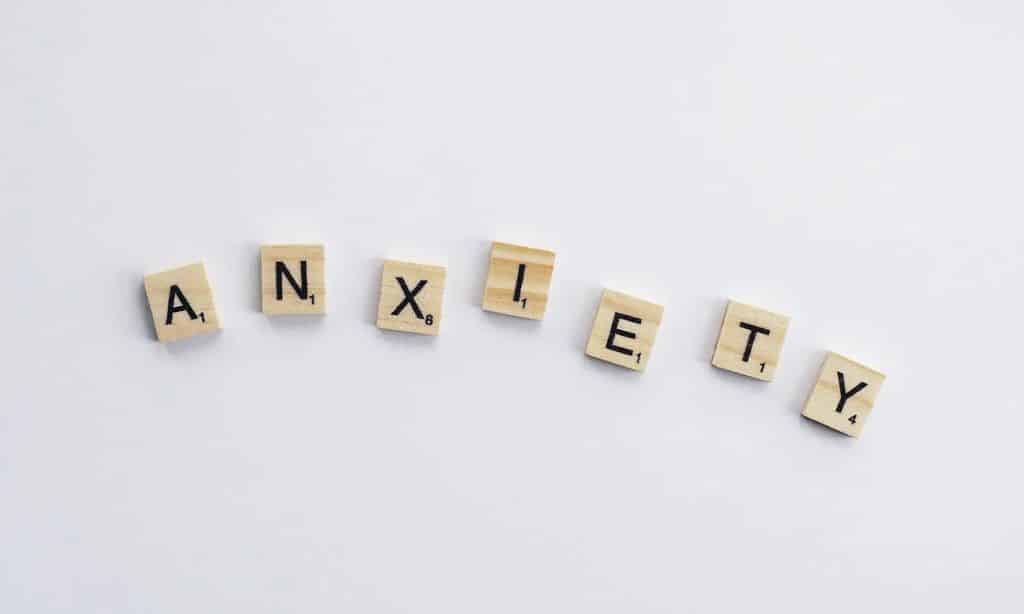Anxiety can be debilitating, leading to a myriad of emotional and physical symptoms that impact everyday life. From racing thoughts and persistent worry to tension and restlessness, the manifestations of anxiety can vary widely among individuals. Seeking effective methods to cope with this mental health issue is essential for regaining a sense of control. Fortunately, numerous scientifically-backed strategies exist to help manage anxiety efficiently. This article explores six proven approaches to assist in alleviating anxiety episodes, enabling individuals to find the best path for their mental well-being.
Exercise: A Natural Remedy
Regular physical activity serves as a powerful tool in combating anxiety. Engaging in exercise releases endorphins, which are chemicals in the brain that act as natural painkillers and mood elevators. Studies have shown that just 30 minutes of moderate exercise most days can significantly reduce anxiety symptoms. Whether it’s running, yoga, or even brisk walking, find an activity that suits your lifestyle and preferences. It’s beneficial not only for physical health but also for fostering a sense of accomplishment and focus that can alleviate anxiety.
Meditation and Mindfulness Techniques
Incorporating mindfulness practices into daily routines can greatly reduce anxiety levels. Meditation helps train the mind to focus on the present rather than getting lost in worries about the past or future. Simple techniques, such as deep-breathing exercises and guided meditations, can be done anywhere at any time. Research indicates that consistently practicing mindfulness results in increased feelings of calmness and control.
Medications for Anxiety Relief
While lorazepam is commonly prescribed for anxiety relief, there are several other medications and natural alternatives available for managing anxiety symptoms. For individuals seeking alternatives to lorazepam with fewer side effects or less risk of dependency, natural herbal supplements like valerian root, chamomile, and passionflower have been shown to have calming effects. Medications such as selective serotonin reuptake inhibitors [SSRIs] like sertraline and escitalopram are often prescribed for long-term anxiety management. These medications help balance serotonin levels in the brain, which can improve mood and reduce anxiety. Another option is buspirone, which offers a non-sedative solution for anxiety without the addictive potential associated with benzodiazepines like lorazepam.
Nutrition: Feeding Your Mental Health
The link between diet and mental well-being is profound yet often underestimated. Consuming a balanced diet rich in fruits, vegetables, whole grains, and omega-3 fatty acids can positively influence mood. Specific nutrients, like magnesium and Vitamin D, have been linked to lower anxiety levels. Staying hydrated is essential for maintaining cognitive function and emotional regulation. Pay attention to your body’s hunger cues and learn to appreciate foods that nourish not just your body but your mind as well. Making dietary changes slowly and steadily can lead to sustained improvements in mental health.
Quality Sleep: The Unsung Hero of Mental Health
Never underestimate the power of a good night’s sleep. Lack of adequate rest can exacerbate anxiety symptoms, leading to a vicious cycle of insomnia and stress. Establishing a regular sleep schedule, maintaining a calm sleep environment, and minimizing screen time before bed are all strategies that can help improve sleep quality. Prioritizing sleep hygiene will not only enhance your mood but also empower you to better handle anxiety when it arises. Remember that investing in restorative sleep is as crucial as exercising or eating healthily for overall mental wellness.
Seeking Professional Help When Necessary
While self-help strategies can be effective, it’s important to recognize when professional assistance is needed. A qualified therapist can provide tailored approaches and coping techniques. Cognitive-behavioral therapy [CBT], for example, has shown significant effectiveness in treating anxiety by altering negative thought patterns. In some cases, medication may be an appropriate option, particularly for those with severe anxiety. If you find personal strategies insufficient, don’t hesitate to consult a healthcare provider who can guide you in making informed decisions about treatment options.
Implementing these six proven methods can empower you to manage anxiety more effectively. Whether it’s through physical activity, meditation, proper nutrition, or professional guidance, a proactive approach can lead to improved mental health. Every individual’s journey is unique, so it may take time and experimentation to find what resonates most with you.




































